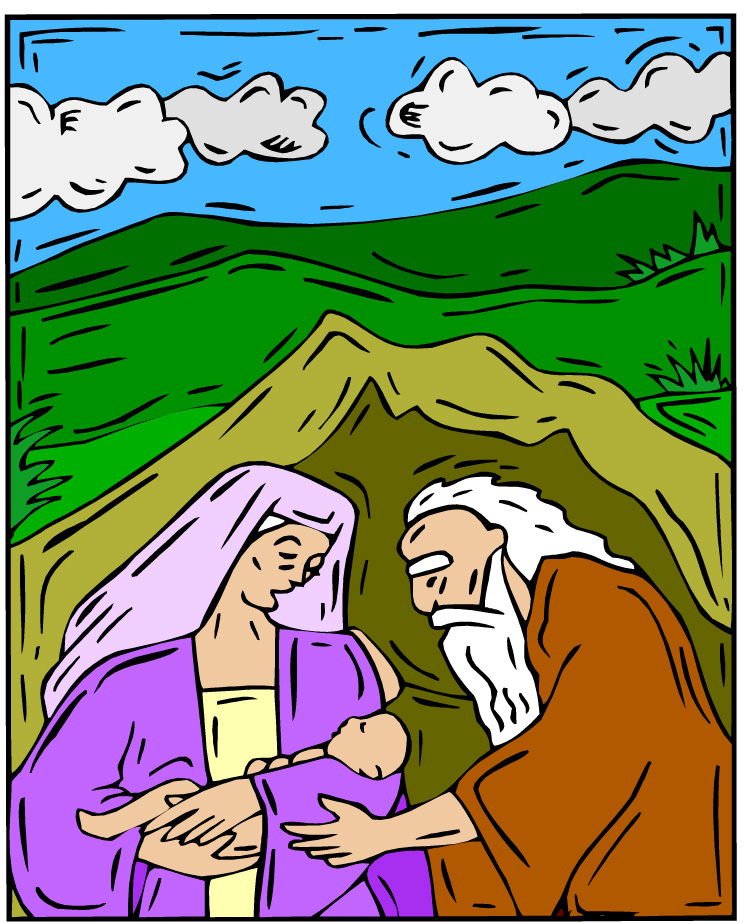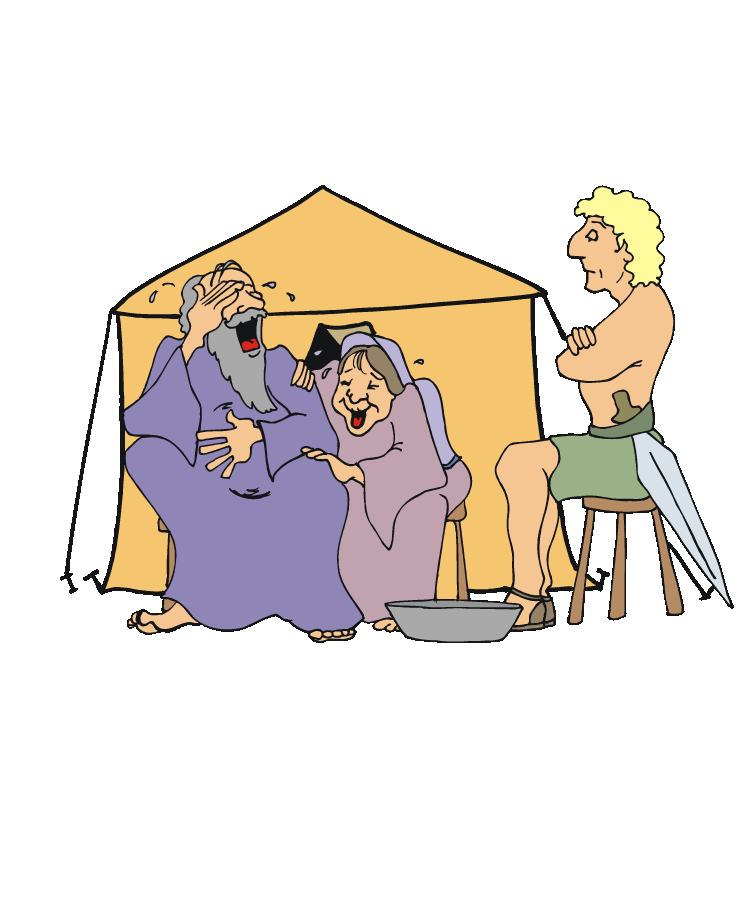
Sarah—A Great Woman of Faith
Sarah was very beautiful in character and physical appearance, since the two are related (Gen 12:10–20). A person with an ugly, angry, bitter disposition will not have a beautiful, attractive countenance.
At age 90 she was still youthfully beautiful, or else why would King Abimelech have abducted her and wanted to marry her? (Gen 20:2). Sarah was of such honorable character, demeanor and bearing that a king would honor her by wanting to marry her.
Sarah was coequal with Abraham in the covenantal promises. Prior to Gen 17:15-22 the covenant was solely with Abraham. Here Sarah was made an equal party in this covenantal promise. And just as Abraham’s new role was signified by a change of name, so was Sarah’s. The word Sarai, means “my princess,” implying that she owed her greatness to her status as Abraham’s wife. Henceforth she would be called only Sarah, which signifies that she would become a “princess to all the nations of the world.” Prior to the covenant, Sarai’s personal majesty made her the princess of Abraham (and his country Aram). Now, however, all limitations were removed. She was princess “par excellence”—to all mankind (The Stone Edition Chumash, p. 75).
Sarah protected the spiritual atmosphere of her home. She was guarding her righteous son, Isaac, from the profaneness and mockery of the unrighteous Ishmael. She was concerned that Ishmael’s behavior toward Isaac would impede or prevent Isaac from fulfillment of his godly mission. Any relationship with wicked people would have been harmful to Isaac and his children as Abraham recognized when he decided that he could not remain together with Lot. This is why Sarah demanded that Abraham drive Ishmael and Hagar away, and why YHVH ratified Sarah’s righteous request (The Stone Edition Chumash, p. 97, Gen 21:10–11). “Evil conduct corrupts good manner” (1 Cor 15:33).
Sarah was obedient and respectful to her husband, and Paul used her as an example for righteous women to follow.
Likewise, ye wives, be in subjection to your own husbands; that, if any obey not the word, they also may without the word be won by the conversation of the wives; while they behold your chaste conversation coupled with fear. Whose adorning let it not be that outward adorning of plaiting the hair, and of wearing of gold, or of putting on of apparel; but let it be the hidden man of the heart, in that which is not corruptible, even the ornament of a meek and quiet spirit, which is in the sight of God of great price. For after this manner in the old time the holy women also, who trusted in God, adorned themselves, being in subjection unto their own husbands: Even as Sarah obeyed [to listen, to hearken to a command, be obedient, to submit to] Abraham, calling him lord [Gr. kurios means “master, sir; a title of honour expressive of respect and reverence”]: whose daughters ye are, as long as ye do well, and are not afraid with any amazement. Likewise, ye husbands, dwell with them according to knowledge, giving honour unto the wife, as unto the weaker vessel, and as being heirs together of the grace of life; that your prayers be not hindered. (1 Pet 3:1–7)
Sarah, like Abraham, had faith in Elohim. Behind Abraham, a great man of faith, was Sarah, who was a great woman of faith.
Through faith also Sarah herself received strength to conceive seed, and was delivered of a child when she was past age, because she judged him faithful who had promised. Therefore sprang there even of one, and him as good as dead, so many as the stars of the sky in multitude, and as the sand which is by the sea shore innumerable. (Heb 11:11–12)





